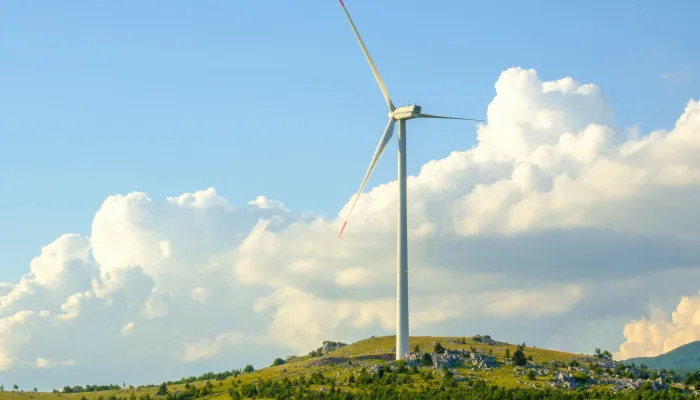Are you a supplier to a company that is calculating its carbon footprint? Life cycle analysis can be your best ally.

This is reflected in increasing pressure from consumers, regulators and society at large for companies to act more sustainably.
In addition, global regulations and policies around sustainability are tightening. As a result, companies are facing increased demands to report and reduce their carbon footprint, which extends throughout their supply chain.
Finally, sustainability concerns also relate to supply chain resilience. Sustainable practices can help mitigate risks such as natural resource volatility and climate-related disruptions.
This is all part of a broader commitment to continuous improvement and collaboration on sustainability initiatives.
In this context, if you are a supplier to a company that is calculating its carbon footprint, you will likely be asked to provide information on your greenhouse gas emissions; demonstrate your sustainability practices, such as renewable energy use and energy efficiency; specific environmental audits and certifications; plans to reduce your carbon footprint; or maintain transparent and regular communication on your sustainability efforts and progress.
Did you know that with an LCA you can calculate the emission factor of your product or service?
In an increasingly environmentally conscious world, understanding and managing the carbon footprint of your products or services has become a key necessity. This is where Life Cycle Assessment (LCA) comes in, a powerful tool for any business focused on sustainability. Previously, we talked about the benefits of LCA in the design of eco-design strategies. However, its benefits extend beyond this scope.
If you are a supplier of a company that is calculating its carbon footprint and you are being asked for your emission factors, but you do not know how to calculate them, you will find the solution with this study.
What is LCA and why is it important in carbon footprint measurement?
LCA is a methodology that assesses the environmental impacts associated with all stages of a product or service's life, from the extraction of raw materials to its final disposal. This comprehensive analysis identifies where the greatest carbon emissions and other environmental footprints are generated throughout the product's life cycle.
- It identifies critical points. It helps identify the phases of a product's life cycle where the greatest carbon emissions are generated, allowing companies to target their reduction efforts more effectively.
- Data-driven decisions. Provides a solid evidence base to make informed decisions on the selection of more sustainable materials, manufacturing processes, logistics and disposal methods.
- Transparency and Credibility. Conducting an LCA and sharing its results increases a company's transparency and credibility with customers and stakeholders, demonstrating a real commitment to sustainability.
How to implement LCA in your company
- Initial Assessment. Determine the scope of the LCA. What product or service will you analyse?
- Data collection. Collect detailed data from all stages of the product life cycle.
- Impact analysis. Use the data to assess the environmental impact, focusing on the carbon footprint.
- Interpretation and strategy. Interpret the results to formulate impact reduction strategies.
At CIRCE-Technological Centre we specialise in Life Cycle and Cost Analysis.
- We assess impacts in terms of environmental indicators such as climate change, water footprint, acidification or eco-toxicity.
- We calculate the carbon footprint of products, services and organisations according to recognised methodologies such as PAS 2050, GHG Protocol or ISO 14067.
- We advise on eco-design strategies for products.
- We develop emission reduction strategies and support in strategic decision-making and new implementations.
- We economically evaluate the life cycle of a product or service considering direct and indirect costs and environmental externalities.
- Life Cycle Assessment is not only a tool to calculate the carbon footprint; it is an essential step towards a more sustainable and responsible business model. By adopting LCA, you will not only improve the environmental management of your products or services. You will also position yourself as a leader in the fight against climate change and the preservation of our planet for future generations.







